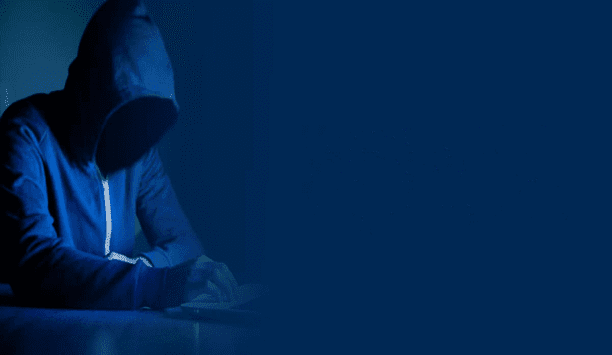 |
| VIVOTEK's IP surveillance system reinforces hospital security and management efficiency |
Mission
Security is a top priority for a hospital and the Egypt-based General Authority for Health Insurance Hospital is no exception. The hospital suffered significant property losses and a perceived threat to patients' lives posed by theft and vandalism of medical equipment. Furthermore, managing the growing number of staff and patients and keeping operations under control weighed heavily upon the hospital managers. To improve security levels and management efficiency, the hospital approached Arabian Information Systems (AIS), VIVOTEK's system integrator in Egypt, about a surveillance system.
Solution
AIS installed a number of VIVOTEK network cameras across the hospital, with FD7131 indoor dome cameras and IP7131 fixed cameras in public areas, and PZ6122 pan/tilt/zoom cameras and PT3122 pan/tilt cameras for restricted access areas. The FD7131s in the reception area have a PIR sensor for human detection; if someone appears when the receptionist is unavailable, the manager will be alerted immediately. At the entrance and in the waiting rooms where light tends to be dimmer, the IP7131 cameras, boasting superior low-light performance, were selected to ensure consistent image quality.
The IP7131 cameras, boasting superior low-light performance, were selected to ensure consistent image quality |
Restricted access areas such as operating rooms and intensive care units usually require wide-area surveillance. Hence, the PZ6122s and the PT3122s featuring a 270-degree pan and 135-degree tilt were called upon. The PZ6122s are also furnished with 10x zoom capability, allowing them to provide more detailed images in the operating rooms for enhanced security.
Achievements
VIVOTEK's IP surveillance system reinforces hospital security and management efficiency. With patients being monitored 24/7; help can be delivered immediately when needed. With real-time remote monitoring, the hospital can detect illegal activities and take immediate action. Furthermore, the video images can serve as useful forensic evidence in the settlement of medical disputes. "After the installation of the surveillance system, we saw a significant decrease in break-ins and equipment damage. To our surprise, the enhanced security levels have translated into a 30% increase in hospital revenue," stated a hospital spokesperson.




